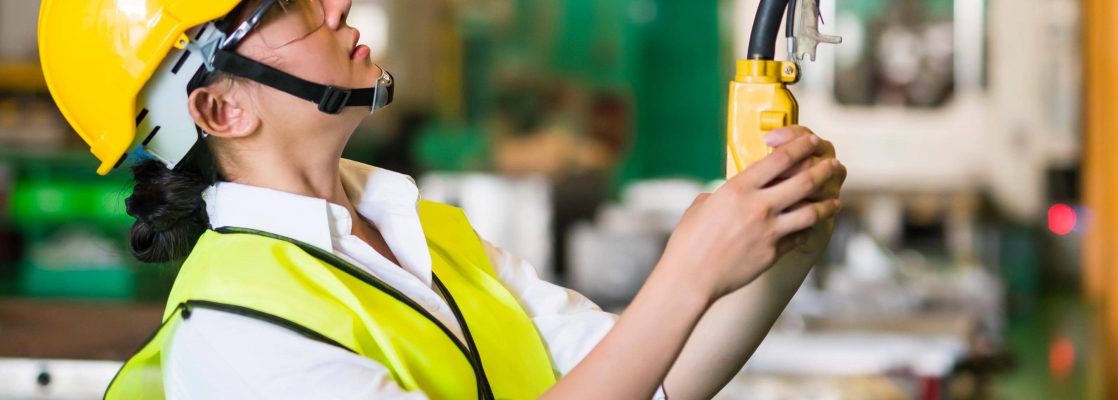
When it comes to business, there are two main categories that companies fall under: industrial and commercial. While these terms are often used interchangeably, they actually refer to distinct types of businesses with different goals, operations, and regulations. In this article, we will explore what is considered industrial and commercial, and how they differ and overlap.
Industrial businesses are those that are involved in the production, manufacturing, and distribution of goods. They typically operate in large-scale facilities, such as factories, warehouses, and plants, and use heavy machinery and equipment to create products. Examples of industrial businesses include automobile manufacturers, steel mills, and chemical plants. Industrial businesses are often subject to strict regulations and safety standards, as their operations can be hazardous to workers and the environment.
On the other hand, commercial businesses are those that provide goods and services directly to consumers. They can be small or large, and operate in a variety of industries, such as retail, hospitality, and healthcare. Commercial businesses focus on meeting the needs and wants of customers, and often rely on marketing and advertising to attract and retain them. Examples of commercial businesses include restaurants, hotels, and clothing stores.
While industrial and commercial businesses have different operations and goals, there are also areas where they overlap. For example, both types of businesses require a strong understanding of supply chain management, logistics, and inventory control. They also need to comply with various legal and regulatory requirements, such as taxes, licenses, and permits. Additionally, both industrial and commercial businesses can benefit from adopting new technologies and innovations to improve efficiency and productivity.
In conclusion, understanding what is considered industrial and commercial is essential for anyone involved in business. While they are distinct categories, industrial and commercial businesses share many similarities and can learn from each other. By recognizing the differences and overlaps between these two types of businesses, entrepreneurs and managers can make informed decisions and create successful enterprises.

